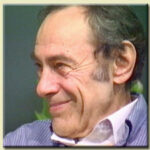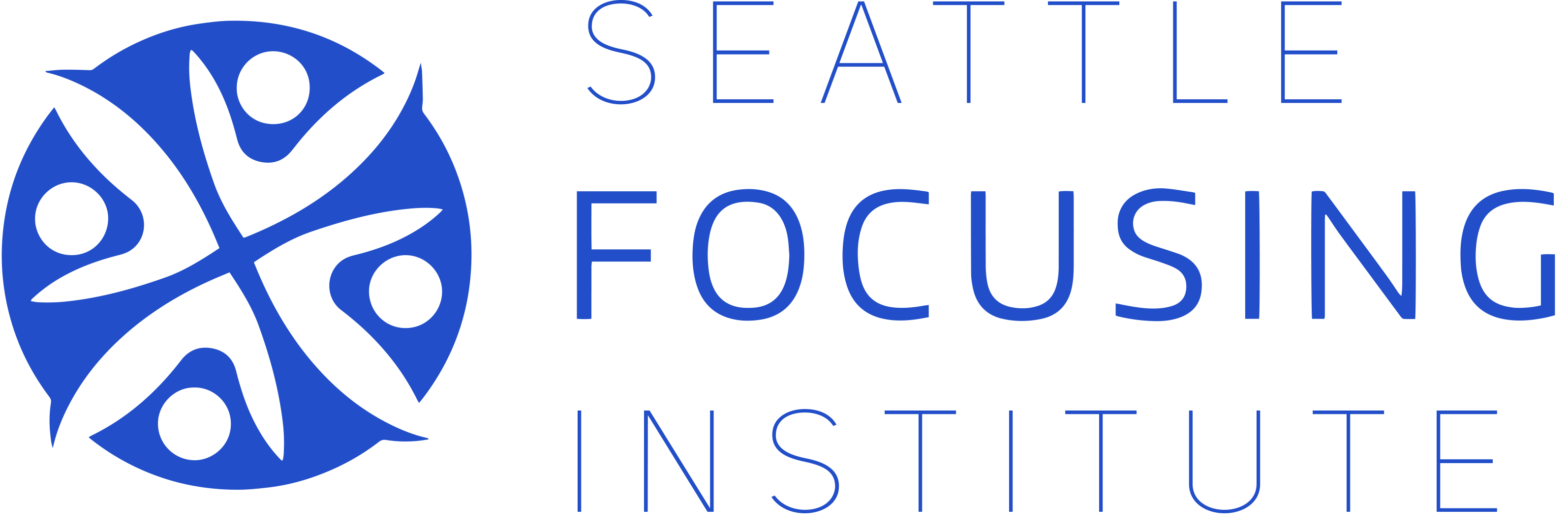Focusing emerged from research in psychotherapy

In the early 1960s, Professor Eugene T. Gendlin at the University of Chicago, began to research the question:
Why is psychotherapy helpful for some people, and not for others?
He and his colleagues studied thousands of recorded therapy sessions. While listening to the recordings, they made a fascinating and important discovery within the first three sessions about the clients, regardless of the skill of the therapist.
What the researchers learned:
Successful therapy clients
- Slowed down their speaking as if searching for what more could be put into words when describing something they were feeling at the moment.
- Checked their words with what they were experiencing in their bodies, taking the time to sense if their words fit the whole of what was directly felt.
- Tried out different words until the words brought a unique fit to what they were sensing, allowing fresh experiences and perspectives to emerge.
Less successful therapy clients
- Often stayed articulate throughout the sessions, “up in their heads,” as it were.
- Repeatedly expressed emotions, but never slowed down to sense what was underneath and new.
- Were unable to make changes in their troubling situations. No amount of analysis, thought, or even tears enabled them to move forward.
Natural shifts and steps for change
The Focusing process involves sensing something felt bodily that is at first unclear or vague – which Gendlin named a felt sense – and then staying with it long enough for words or other symbols to emerge that bring the felt quality into focus (Focusing). At that moment body energy shifts, loosens, and illuminates steps for change. This is what successful clients naturally did in therapy. Now anyone can learn to slow down and attend to their experiencing in this way.
